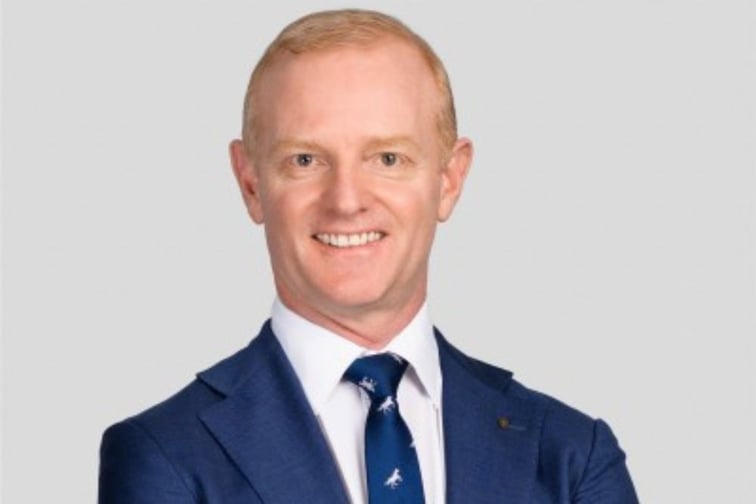

The world – and the insurance industry – is grappling with climate change impacts and how to deal with them. Insurers and brokers are in a crucial position because of the coverages they offer and financial power they wield across the energy sector. So, what role should insurance companies have when it comes to driving oil and gas companies to transition out of dirty fuels?
As Nic Martin (pictured above) pointed out to Insurance Business during an IB Talk interview, the term ESG (Environmental, Social, and Governance) encompasses the industry’s climate change responsibilities.
“ESG is a significant topic,” he said. “It is quite challenging for an organisation to grasp because it’s so broad.”
Martin is head of strategic risk consulting in the Pacific for the global brokerage Marsh. Sydney-based Martin leads a team of about 40 Marsh consultants with responsibilities that include cyber security, crisis management and resilience capabilities. “All risk classes are in scope of the role,” says his LinkedIn profile - from terrorism, to cyber risk, to climate change.
He said his industry expertise is more in the cyber space but agreed to field a range of questions during the podcast interview including on renewable energy and climate change.
He said across the business world, organisations are considering climate and sustainability and how it applies to their workforce and their role in the community. Martin said “a lot of the time” organisations are doing “elements of ESG.”
“I think the challenge for them is to try and treat it as one program,” he said. “So when we’re engaging, what we’re finding is that ESG is not being insurance driven.”
Martin said this was his “anecdotal view.” In conversations with businesses and organisations, he said, ESG doesn’t seem to be insurance driven in the way that insurance can drive cyber outcomes in an organization and what role we play in supporting them.
“ESG doesn’t seem to have reached that,” said Martin.
However, he said there are obviously regulatory aspects around ESG like the Task Force on Climate Related Financial Disclosures’ (TCFD) reporting recommendations.
“So there are elements of it (ESG), but as a program, organisations, like CO2 intensive organizations, are taking it very seriously because they understand that there is a big commercial aspect to it if they’re not running ESG programs effectively and having clear statements, that investors will punish them for that,” said Martin.
He said, currently, ESG seems to be driven more by the finance industry than the insurance industry.
“We’re supporting organizations in elements of ESG and that depends on where they’d be interacting with Marsh,” he said.
Martin said his advisory team at the brokerage is quite broad.
“It has a large practice that looks at materiality through natural catastrophe modelling and they’re definitely getting engaged quite heavily by large CO2 intensive organizations,” he said.
During the podcast interview, IB Talk asked Martin if he thought there was a role for insurers and brokers to “push a bit harder” on climate change issues with their customers?
“Honestly, I don’t have an opinion on that,” he said. “I think it’s such a broad and vexed topic.”
Martin said it depends on the sector and the organisation.
“I think in the insurance industry - and I’m not on the insurance side, I’m on the advisory side - I’m not familiar enough with the insurance industry side and their position on this to have an opinion on what they should be doing in the ESG space,” he said.
Martin said much of the time, brokerages are led by the position of the insurers on the ESG and climate issue.
“We’re representing clients to support their insurance needs and a lot of the time we have to interface with the insurance industry and their position on it.”
During the IB Talk interview, Martin also discussed cyber challenges and where security risks intersect with risk management. He also revealed details about his earlier career with the Royal Australian Navy as an SAS explosives clearance diver, including the capture of a North Korean boat with a shipload of heroin.
The full IB Talk podcast interview with Marsh’s Nic Martin will be published in the coming days.
Are you a broker or insurer working customers through ESG and climate related challenges? Please tell us about your experiences below.
